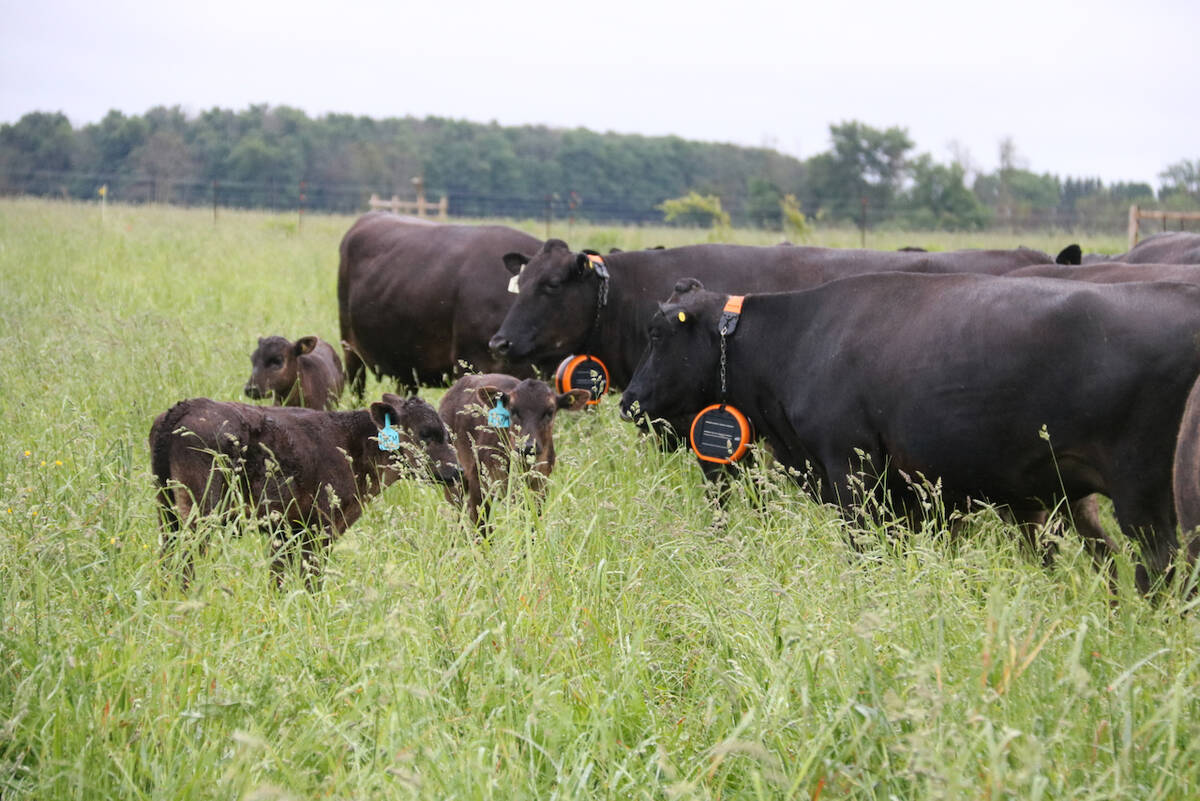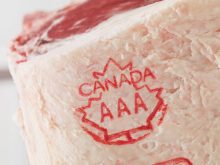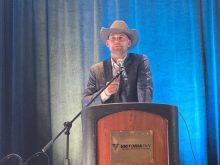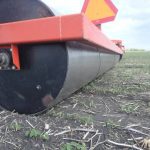Manitoba farmers should be compensated when flood prevention infrastructure causes their land to flood resulting in lost income, says the Keystone Agricultural Producers (KAP).
“The farmers aren’t getting properly compensated for damage from holding the water on their lands,” Starbuck-area farmer Doug Livingston said during a debate at KAP’s General Council meeting here April 14. “We are losing yield therefore we’re losing income and that’s why I would like to support this resolution.”
The resolution instructs KAP to lobby the federal and Manitoba governments “to provide fair compensation to landowners when flood prevention infrastructure causes damage and flooding…”
Read Also

Improved fertility key to boosting pasture productivity, specialist says
Colin Elgie, fertility specialist, says improving soil fertility can boost farm profitability, increase forage yields, and promote healthier pastures.
It isn’t just Winnipeg and the floodway that cause farmers to artificially flood, the Portage diversion and Shellmouth Dam do as well, Livingston said.
Ridgeville-farmer Les Felch said Manitoba could learn from Grand Forks, North Dakota where farmers are paid to store flood water temporarily on their land.
“It (flood water) gets released and it’s gone and they (farmers) don’t have to worry about it,” said Felch.
One way to compensate Manitoba farmers for storing flood water would be to improve drainage so that when the water is released it moves off the land quickly so seeding gets done in a timely manner, he said.
“We have a political battle here,” said Fisher Branch farmer Paul Gregory. “When you talk to city people they don’t understand this is our livelihood. It’s a big challenge we have communicating to politicians that good compensation and good drainage is important to our livelihood.”
Gregory said he was angry when a Ducks Unlimited biologist recently suggested the Interlake shouldn’t be farmed because of repeated flooding. The biologist is an educated person, he said, but she doesn’t understand that when arable farmland is flooded it hurts the environment by releasing greenhouse gases.
Earlier in the meeting Rosenort farmer Thorsten Stanze suggested reduced crop yields caused by artificial flooding shouldn’t be used by the Manitoba Agricultural Services Board (MASC) to calculate farmers’ individual productivity indexes (IPI), used to set farmers’ crop insurance coverage.
Paul Bonnet, MASC’s vice-president of research and program development, said where a yield loss can be attributed to a third party it won’t be used in the IPI. Examples include losses due to spray drift or hail, he said. Before losses due to flooding could be removed someone would have to accept the liability for that flooding, Bonnet said.
KAP delegates debated 12 resolutions last week passing 11 of them.
Some of the other resolutions passed are as follows:
That KAP’s membership increase to $200 a year from $150;
That the per diem from KAP’s president be increased to $225 from $175 and the vice-presidents’ go to $200 from $150 effective May 1, 2011;
That KAP lobby the Manitoba government to improve predator control in Manitoba;
That KAP lobby the Manitoba government to implement a program to ensure all in-coming farm and cross-border construction equipment is properly sanitized to prevent the spread of clubroot in canola;
That KAP support the Manitoba Forage Seed Association in its lobby efforts to the Canadian Food Inspection Agency to stop the introduction of Roundup Ready alfalfa due to loss of markets;
That KAP lobby the Manitoba and federal governments to treat each commodity that a farmer produces equally under the On Farm Food Safety Programs;
That KAP lobby Manitoba Labour and Immigration to improve the timeliness of grain dryer installation inspections and use good judgment to license grain dryers that do not comply with regulations but maintain an equivalent safety standard and to publish clear guidelines for grain dryer installation and operation;
That KAP lobby the Manitoba government to have comparable winter road weight limits to Saskatchewan.
A resolution to lobby the Manitoba government to remove the eco-fee on farm machinery tires was defeated. [email protected]
———
“Thefarmersaren’t gettingproperly compensatedfor damagefrom
holdingthewater ontheirlands.”
– DOUG LIVINGSTON














